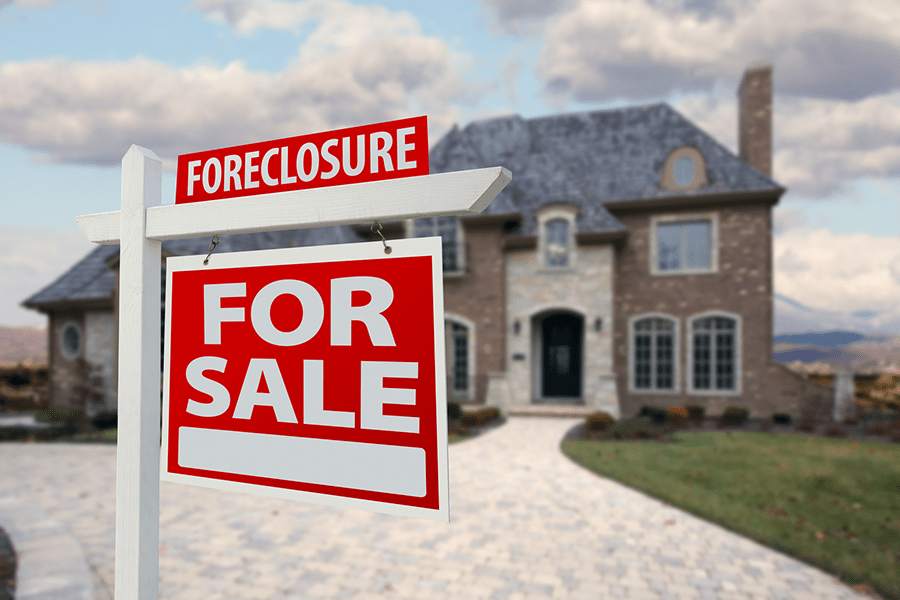
What is Foreclosure?
Foreclosure is a legal process through which a lender seeks to recover the outstanding balance on a mortgage loan by repossessing the property when the borrower fails to make their payments on time. In British Columbia, foreclosure is regulated by the Law and Equity Act. The process typically begins with the lender filing a petition in the Supreme Court of British Columbia, outlining the details of the default and the outstanding debt.
Upon receiving the petition, the court reviews the case and, if satisfied, issues an order for foreclosure. This order allows the lender to take possession of the property and sell it to recover the outstanding debt. The property is usually sold through a court-ordered sale, with the proceeds used to settle the mortgage debt and any associated costs.
It’s important to note that British Columbia follows a judicial foreclosure process, meaning that the court is actively involved in overseeing the proceedings. This ensures transparency and fairness in the resolution of foreclosure cases.
Alternatively, the power of sale process provides a non-judicial mechanism for lenders to recover their funds in the event of default. The power of sale is a contractual right granted to the lender through the mortgage agreement, allowing them to sell the property without court intervention in the event of default.
The lender must serve a notice of sale to the borrower and any other parties with an interest in the property, providing a specified period for the borrower to rectify the default. If the default is not cured within the prescribed timeframe, the lender can proceed with the sale of the property. The proceeds from the sale are then used to satisfy the outstanding debt, and any surplus is returned to the borrower.
Key Differences and Considerations
While both foreclosure and power of sale processes serve the same fundamental purpose, there are key differences between them that one must keep in mind. The foreclosure process involves court oversight, providing additional protections for borrowers, while the power of sale process allows for a quicker resolution without court involvement.
Borrowers in British Columbia facing foreclosure or power of sale should be aware of their rights and options. They may have the opportunity to cure the default, negotiate with the lender, or seek legal advice to explore alternatives such as loan modification or refinancing.
In conclusion, the foreclosure and power of sale processes in British Columbia are vital components of the legal framework governing real estate transactions. These processes provide lenders with mechanisms to recover their funds in the event of borrower default, while also safeguarding the rights of borrowers through legal oversight and established procedures. A nuanced understanding of these processes is essential for both lenders and borrowers navigating the intricate landscape of real estate transactions in British Columbia. If you have any questions about the foreclosure or power of sale process, or if you would like to know how a private mortgage loan could help you in a foreclosure situation in British Columbia, get in touch today. Call Jim today at 604.620.2697 for a friendly conversation and learn more about your options.


